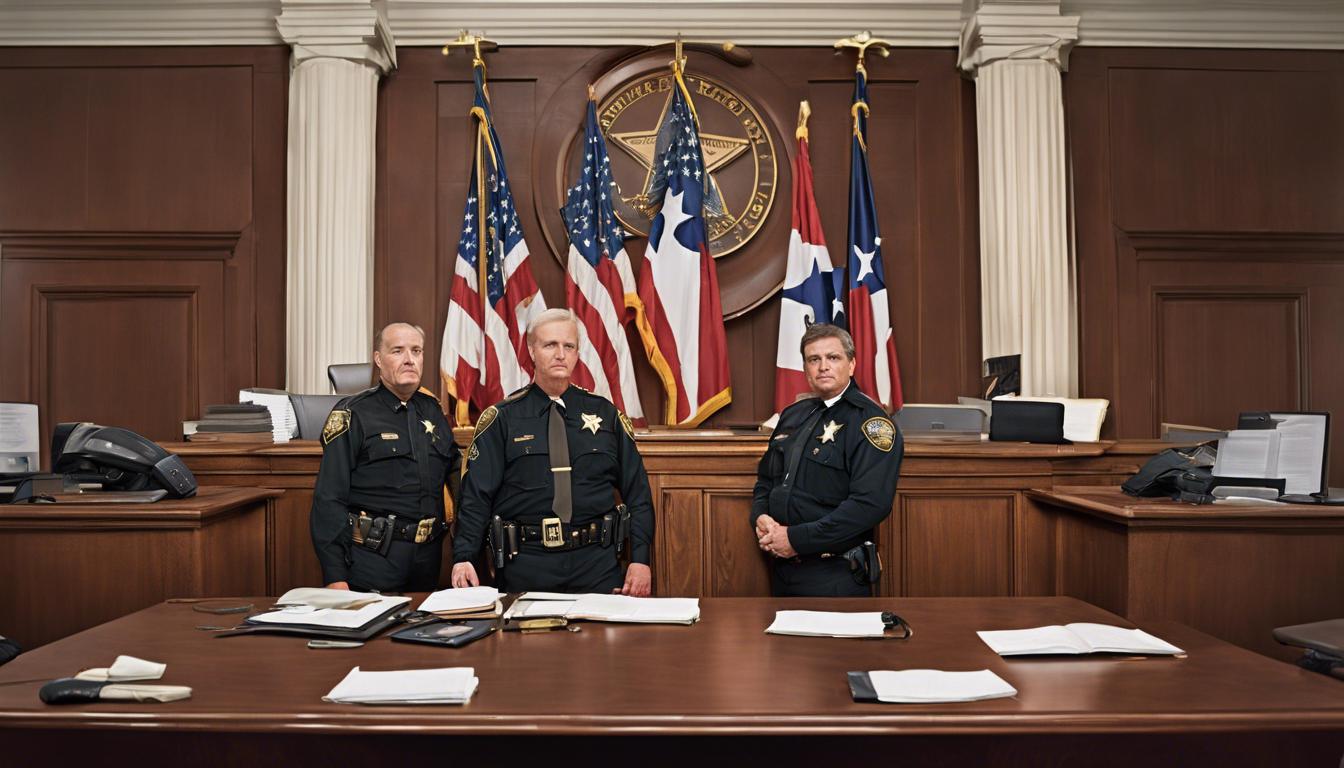Alejandro Mayorkas, alongside Guatemala President Bernardo Arévalo, criticises Texas’s Senate Bill 4 for overstepping into federal jurisdiction, amidst legal battles and practical enforcement challenges.
US Homeland Security Secretary Alejandro Mayorkas, in a statement during a press conference with Guatemala President Bernardo Arévalo, labeled the Texas law permitting state authorities to arrest and deport migrants entering the country illegally as unconstitutional. This law, known as Senate Bill 4 (SB4), passed last year and is currently under legal scrutiny from the U.S. Justice Department, arguing that it encroaches on federal jurisdiction. The objections were voiced amidst a backdrop of a court hearing at the 5th U.S. Circuit Court of Appeals, which has yet to decide on the matter, leaving the law in suspension.
The enforcement of SB4 has presented practical challenges for Texas law enforcement officials. Sheriffs, particularly in remote areas like Terrell County, expressed difficulties with the law’s execution, highlighting issues such as insufficient resources for transporting detainees. The law’s effectiveness is further complicated by the requirement for law enforcement to prove illegal entry without infringing on individuals’ rights, underscoring the logistical and legal complexities associated with state versus federal immigration laws.
This ongoing legal and operational tumult reflects broader debates over immigration policy and enforcement in the United States, especially concerning the balance between state and federal authority. Sheriff Thaddeus Cleveland of Terrell County pointed out the real-world obstacles to SB4’s implementation, alluding to potential impacts on community-police relations and the overall efficacy of law enforcement in border counties. As the legal confrontation over SB4’s constitutionality continues, its implications touch on the broader dynamics of immigration law enforcement and the interplay of state and federal powers in the U.S.













